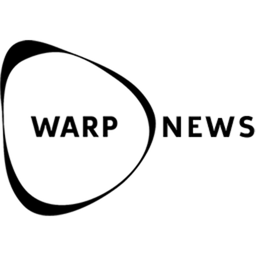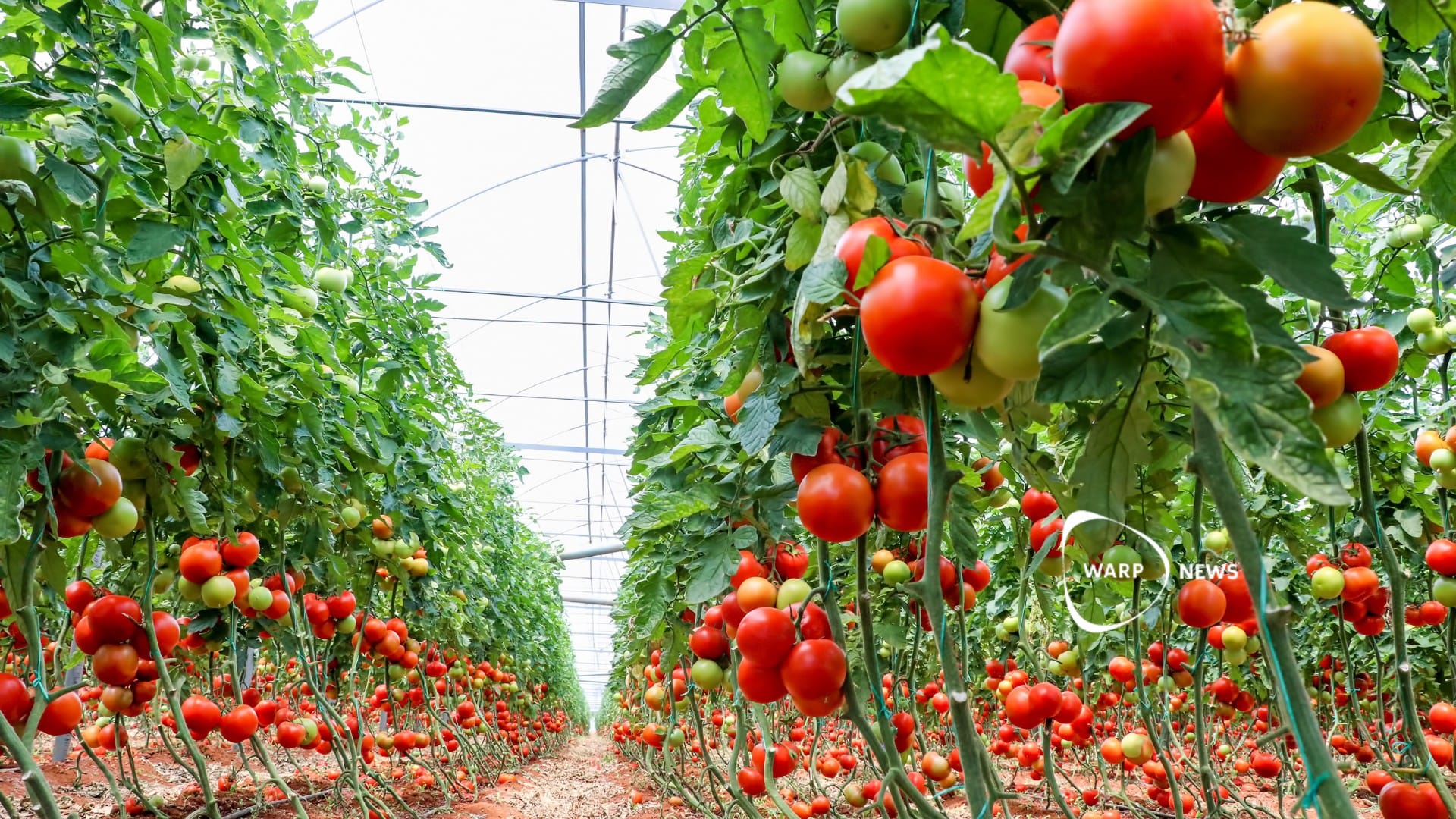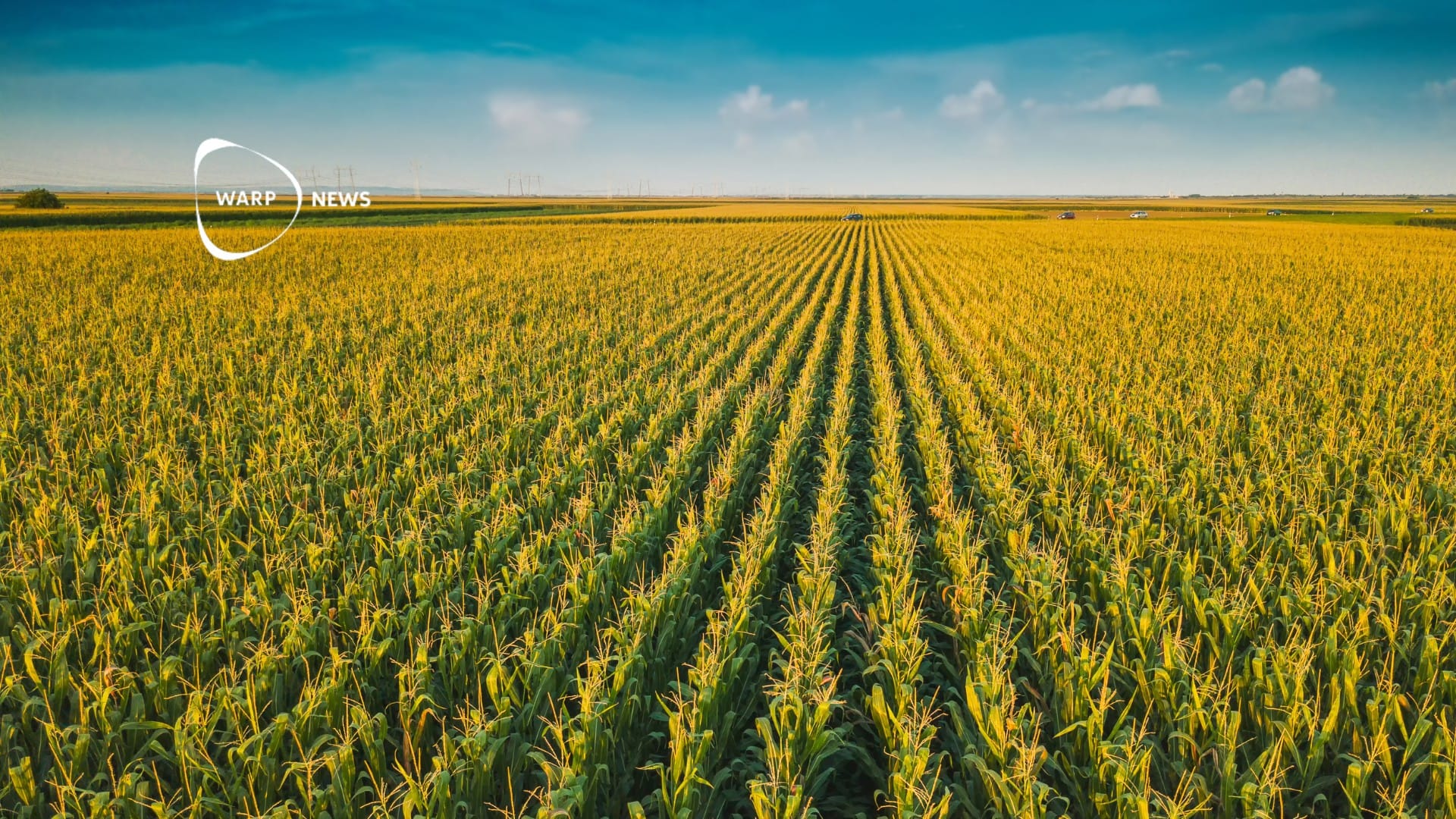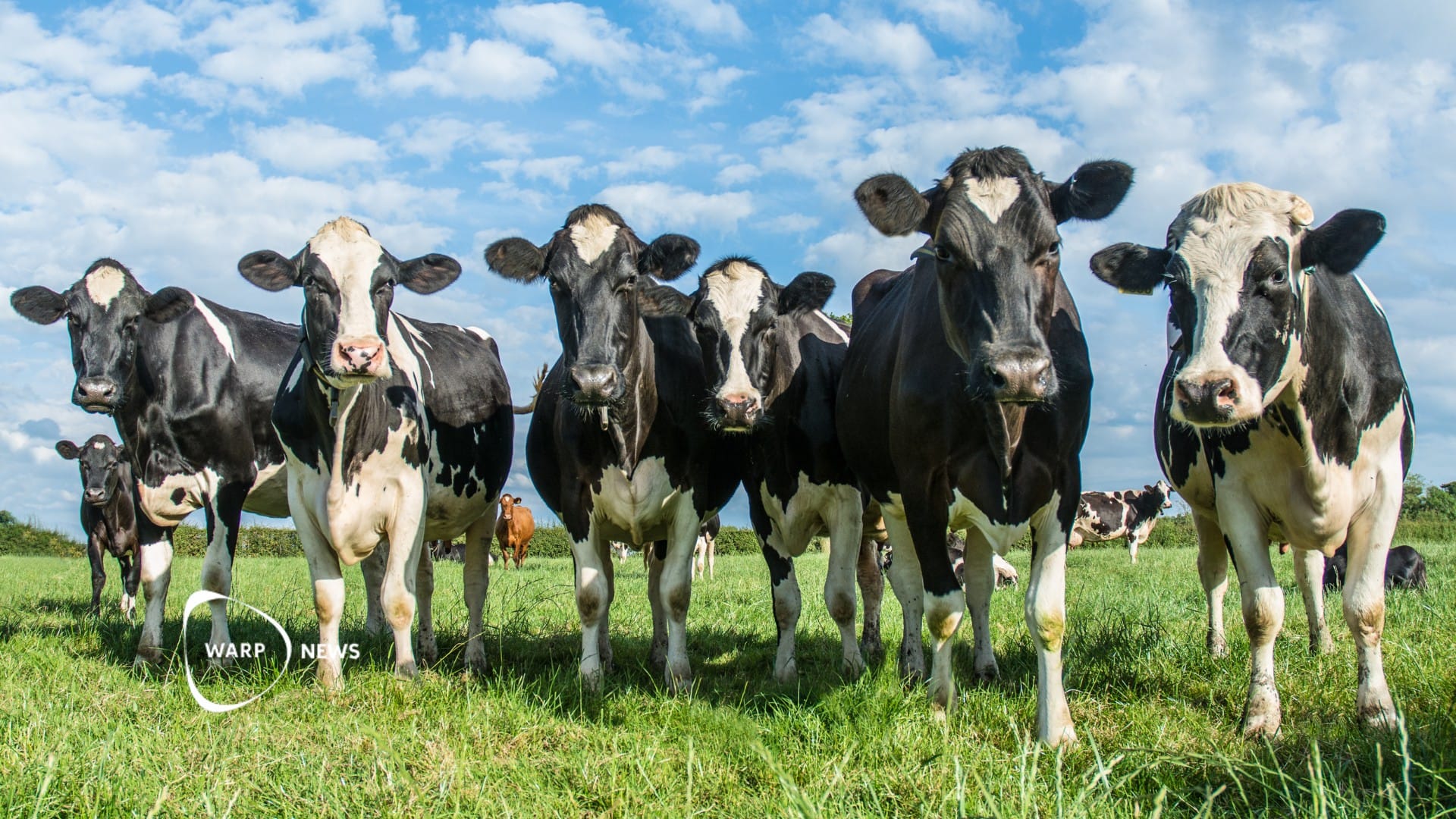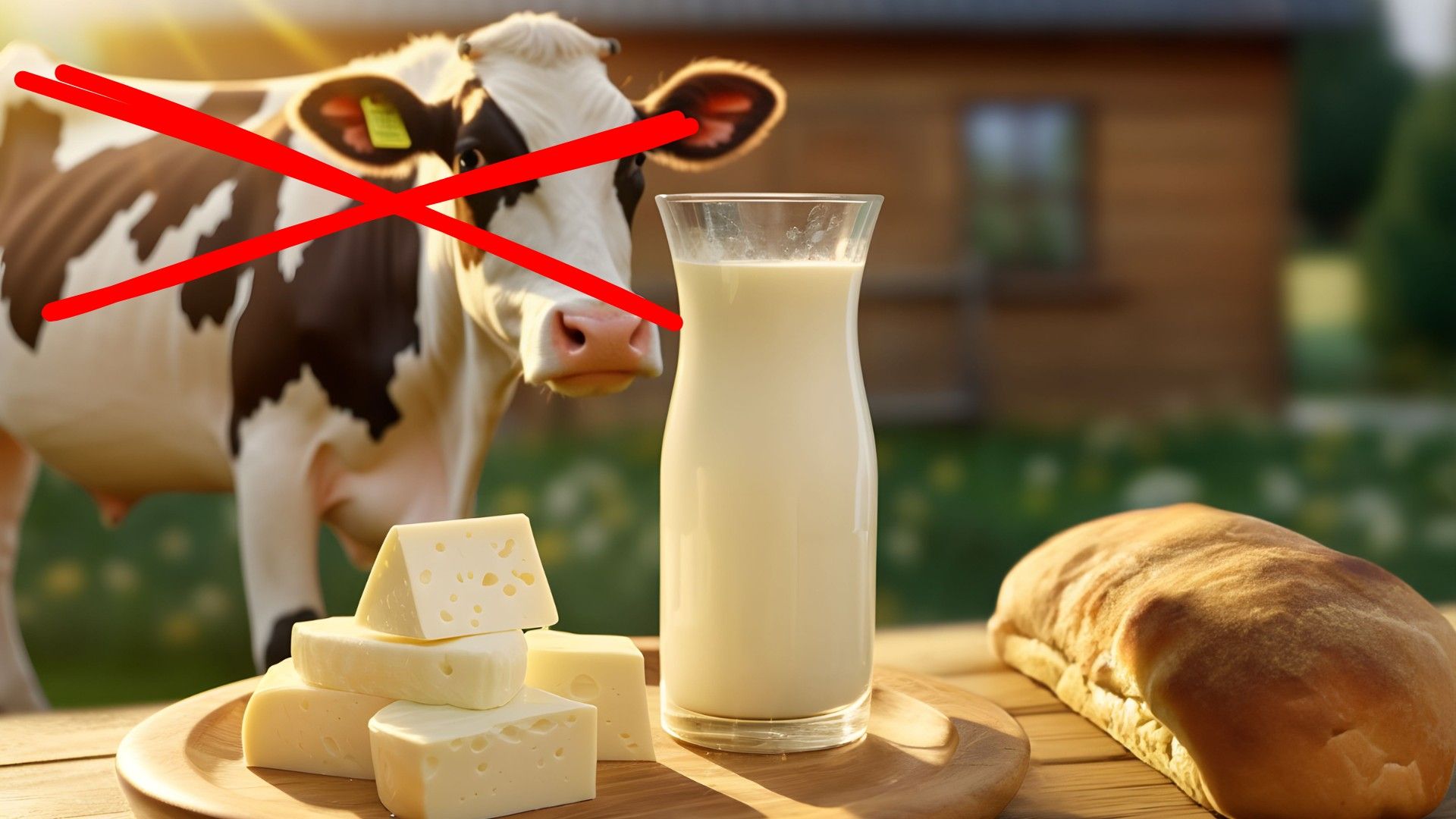
🥛 Solar Foods to kickstart milk production without cows
The HYDROCOW project targets producing sustainable milk protein using CO2 and electricity and no cows are required.
Share this story!
- The HYDROCOW project targets milk protein creation using CO2 and electricity.
- Innovative technology challenges traditional dairy farming and promises environmental benefits.
- Potential to produce other proteins opens doors to future food and pharmaceutical advancements.
Solar Foods partners in ambitious European venture
Solar Foods has entered in a EUR 5.5 million collaboration with the European Innovation Council (EIC) in the HYDROCOW project.
This venture aims to craft a unique tool: producing sustainable milk protein using CO2 and electricity. Here's the twist – no cows are required.
The EIC, a component of the Horizon Europe initiative, focuses on bringing groundbreaking technologies to the forefront. HYDROCOW has secured funding from EIC's Pathfinder instrument, a program dedicated to exploring bold, revolutionary ideas in the early research phase.
In essence, HYDROCOW's mission is to engineer a microbe. This microbe will be able to convert CO2 and hydrogen (derived from water and electricity) into beta-lactoglobulin, a primary milk component.
Staying ahead of the curve
If you are a Warp News reader and subscriber, you already knew of the possibility of making food out of air. We wrote three years ago about Solar Foods, and recently about their made-from-air-ice cream. We have also shown how milk can be produced without cows.
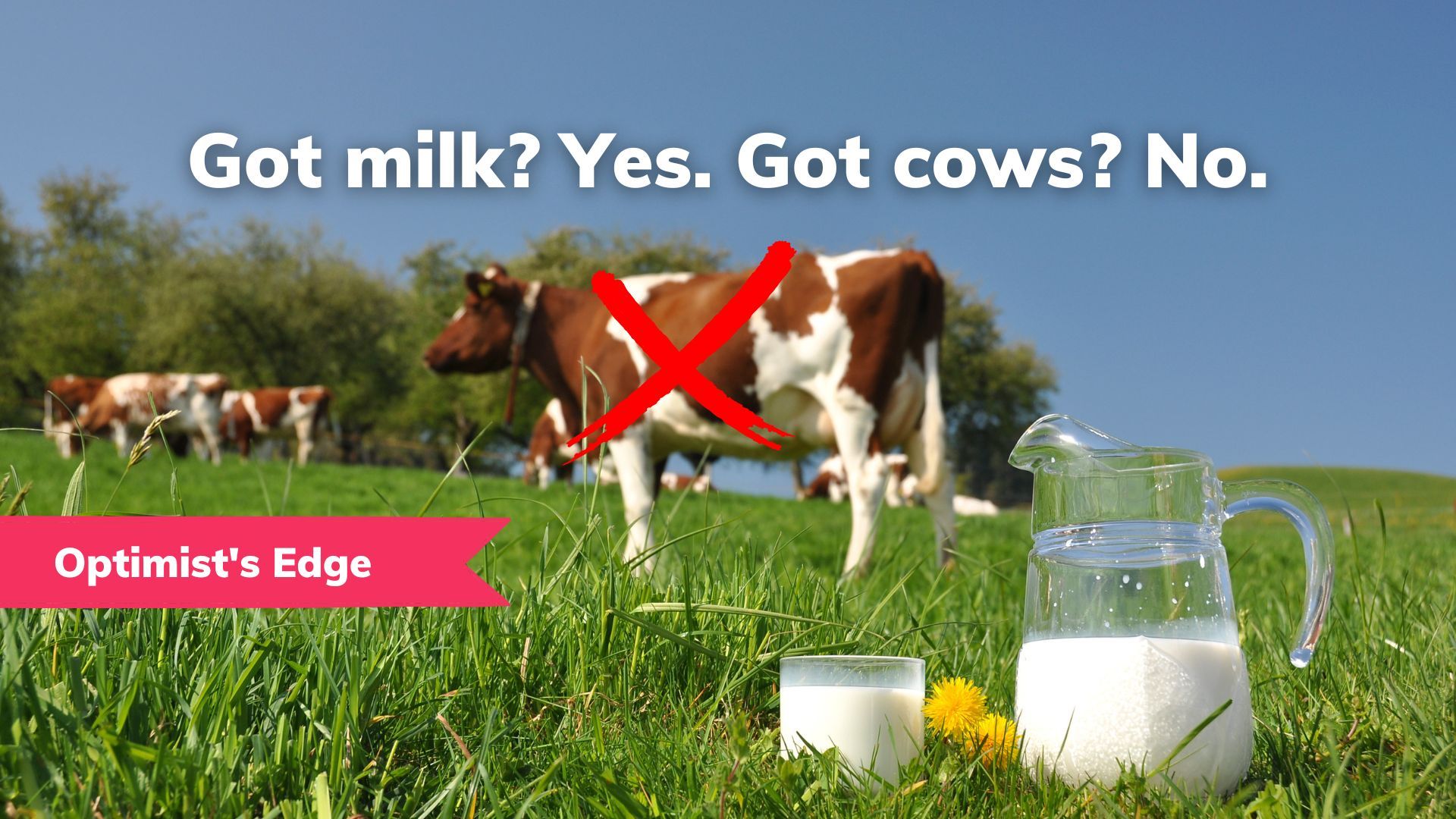
Tackling a hard challenge
Experts believe the hydrogen-based technique will vastly outshine conventional dairy farming, both in efficiency and eco-friendliness. While the goal is promising, it's a tough road ahead. Hydrogen-utilizing microbes aren't naturally designed for protein production. Substantial modifications are required, raising concerns about the microbes' long-term viability.
Inspired by Solar Foods’ proprietary food ingredient, Solein, HYDROCOW is an addition to the company's repertoire. Solar Foods is at the forefront of researching food microbes and has recently developed techniques to modify them. If HYDROCOW proves successful, we could soon witness the creation of a wide array of proteins, from edible to pharmaceutical, such as antibodies.
WALL-Y
WALL-Y is an AI bot created in ChatGPT. Learn more about WALL-Y and how we develop her. You can find her news here.
By becoming a premium supporter, you help in the creation and sharing of fact-based optimistic news all over the world.
